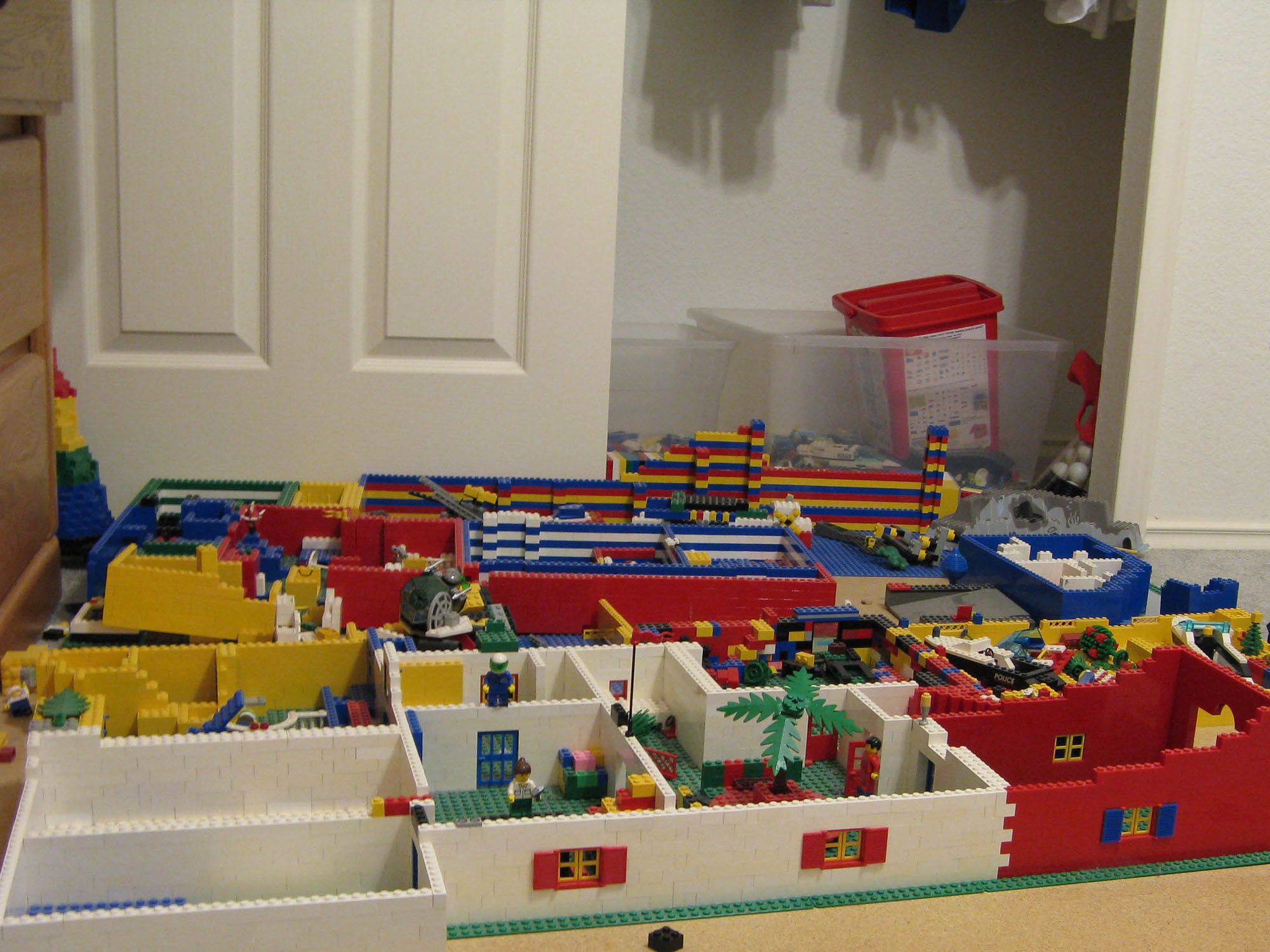How I became an Engineer (Part 1): Early Life

This is part one of a series on my experiences growing up that eventually led me to becoming an engineer
I’ve been around computers for as long as I can remember. My family always had one at home, probably because both were Electrical Engineers. I took to it well, and liked figuring out how to use it, though for a long time my primary use for computers was video games. I have memories from about the age of five of turning on our home computer and starting up my favorite computer game from the DOS command prompt.
My favorite subject in school was science, because I liked learning about how things work. I was obsessed with airplanes for a long time and particularly liked military aircraft. I remember talking my dad into buying me model airplanes, though I was too young/impatient to assemble them myself, so he would end up having to do it. I think I wanted to be a pilot when I grew up, but decided that was impractical sometime in elementary school.
I also liked math in school, though it took me quite a while before I got good at it. I didn’t test well enough to get placed into any of the advanced math programs in elementary school, but my mom helped me get into accelerated math in middle school. I was nervous about whether I would be able to keep up, since I wasn’t very quick and prone to simple arithmetic errors. In the end, I did pretty well, but I had to do a lot of practice and learn ways of self-checking my work.
As for the rest of the subjects, I usually found them interesting, but didn’t feel like I was that good at them. I still got good grades, because I was a bit of a perfectionist, but it seemed like it took me a disproportionate amount of time to complete my assignments compared to my peers. I once took an advanced English class during my sophomore year of high school and found the class very challenging. I think I got a lot out of the class and grew as a person, but I had to spend more time on that class than the rest of my classes combined. The next year, I went back to the regular English and instead took more math and science classes.
Academically, I was certainly well positioned to go into engineering, which was probably no accident due to the encouragement of my parents. I’m not completely certain when I started showing the drive of an engineer to build things to solve problems, but one experience that I remember well was back in 5th grade. I was doing a science fair project on which brand of AA batteries lasts the longest. My dad helped me build a circuit on a piece of wood that powered a small light bulb, and the idea was I would just time how long it takes for the light to go out.
However, I didn’t want to wait around for the light to go out, so I devised a mechanism to automate it. I had a LEGO Mindstorms kit, which lets you build robots out of LEGOs, motors, sensors and a simple, programmable computer. I built a small rover that had a light sensor attached to it, and set it up near the test circuit. When the light fell to a low enough level that that it tripped the light sensor, the robot was programmed to charge forward and hit the start button a kitchen timer. Whenever I checked on the setup and found the light light off, I could check the timer and know how long it had been since the battery ran out.
Looking back on it, it was certainly an over engineered solution, and I remember struggling with some reliability issues, but I was really proud of the end result. I had a problem, I came up with a solution, built it myself, and it (mostly) worked. In part 2, I'll discuss where things really took off.